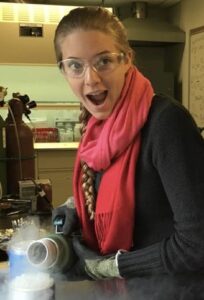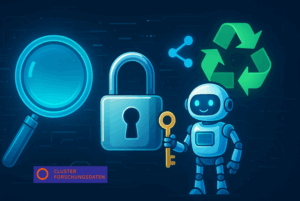
Date: 27.11.2025
Programm: 1-6.15 p.m.
Place: Graz Universtity of Technology, Rechbauerstraße 12, Alte Technik, 8010 Graz; Aula, 1. floor
Jana Lasser
Jana Lasser is professor for Data Analysis at the University of Graz’ IDea_Lab. She researches emergent phenomena in complex social systems, employing methods from machine learning, data science, natural language processing and computational and statistical modelling to understand how humans behave in socio-technical environments. Her current research interests include the impact of social media recommendation algorithms on societal outcomes, the spread of conspiracy theories and misinformation in online environments, and the effectiveness of counterspeech strategies online.
Daniel Garijo
Daniel Garijo is an Associate Professor in the Ontology Engineering Group at the Polytechnic University of Madrid (UPM). Previously, he worked as a researcher at the Information Sciences Institute of the University of Southern California in Los Angeles, where he also completed a postdoctoral fellowship between 2016 and 2018.
Daniel’s research focuses on Open Science and Semantic e-Science, particularly on capturing the context and metadata of scientific software and computational experiments to promote their reproducibility and reuse. To this end, he has proposed methods for creating knowledge graphs with data from computational experiments, exposed as objects accessible on the Web.
At the international scene, Daniel has participated in W3C standardization groups (W3C Provenance Working Group), and is currently involved in the CodeMeta community to define software metadata standards, the consortium of Scientifir repositories and registries (SciCodes) which brings together more than two dozen platforms for describing scientific software. In addition, he actively participates in European Open Science Cloud groups for FAIR and metrics and is a member of the Research Data Alliance group on FAIR and Machine Learning (FAIR4ML), which he co-leads. Daniel has participated in more than 20 national and international research projects, successfully carried out for agencies such as DARPA and NSF in the US and the European Commission in Europe. Some of his collaborations include companies like Everis and Atresmedia, where Daniel leads training activities on knowledge graphs and ontologies. The standards he has helped develop have impacted hundreds of researchers in industry and academia.

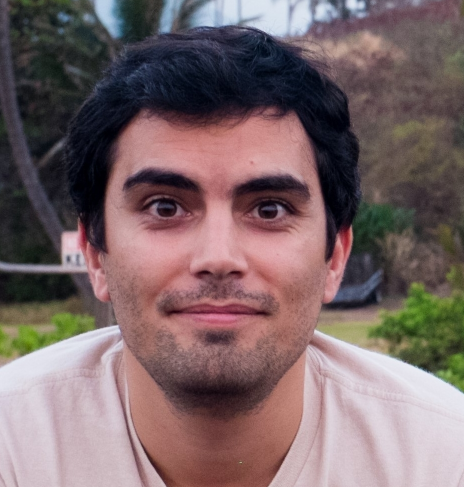
Markus Stöhr
Markus Stöhr has been involved in high-performance computing since 2004 and has been working for the BOKU university at the supercomputing centre Austrian Scientific Computing (ASC) since 2011. He completed his doctoral thesis on the VSC-1, a very old generation of supercomputers.
Today, the VSC-5, MUSICA and upcoming systems offer vastly more computing power. Markus is Leading AI:AT, the Austrian AI Factory and is managing EuroCC Austria, the national competence center for HPC, Big Data and AI. The general mission is making access to high-performance computing, AI, and big data easier, especially for small and medium-sized enterprises and startups.
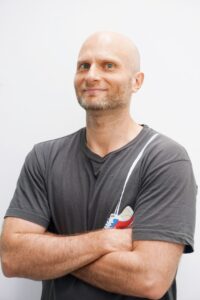
Jeannette Gorzala
Jeannette Gorzala is a leading expert in AI governance, regulation, and strategy. As the founder of ACT AI NOW, she helps organizations implement the EU Artificial Intelligence Act effectively and responsibly. She is a trusted partner to leading researchers, companies and entrepreneurs, empowering them to successfully lead in AI-driven markets. Jeannette serves as Deputy Chairwoman of Austria’s Federal AI Advisory Board and as an expert member of the City of Vienna’s AI Advisory Forum. During the legislative process of the EU AI Act, she represented more than 2,000 European AI companies as Vice President of the European AI Forum. As a researcher, lecturer, and speaker, Jeannette contributes to shaping Europe’s AI governance landscape and building international bridges in AI policy and safety.
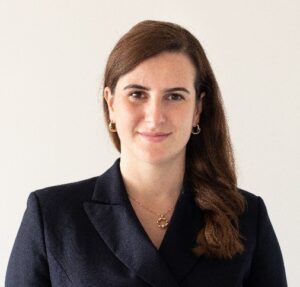
Emily Kate
Emily holds a BA in anthropology and archaeology from the College of Wooster in Ohio and earned her Ph.D. in anthropology and demography from The Pennsylvania State University. She joined the UNIVIE data stewardship team in March of 2023. Emily describes herself as “scientifically nosey” and enjoys connecting with scientists and developing custom solutions that meet their unique requests. In addition to helping researchers make their data management dreams come true, Emily is an avid baker and loves picnicking on the Danube with her husband, Zachary, and her perfect dog, Zoa.